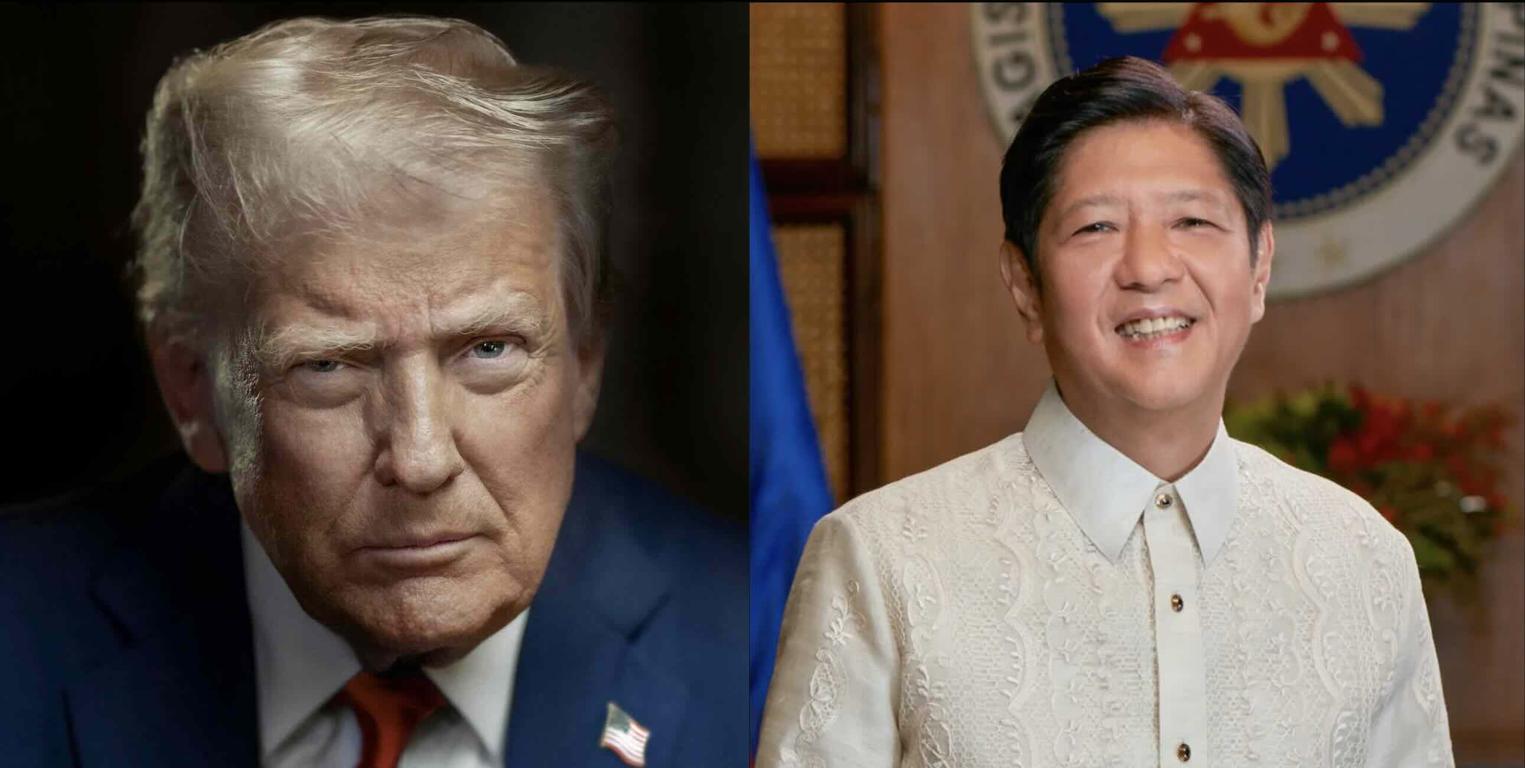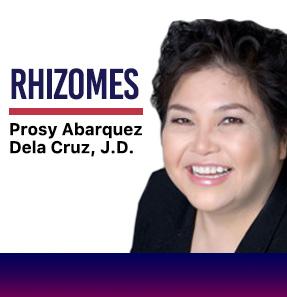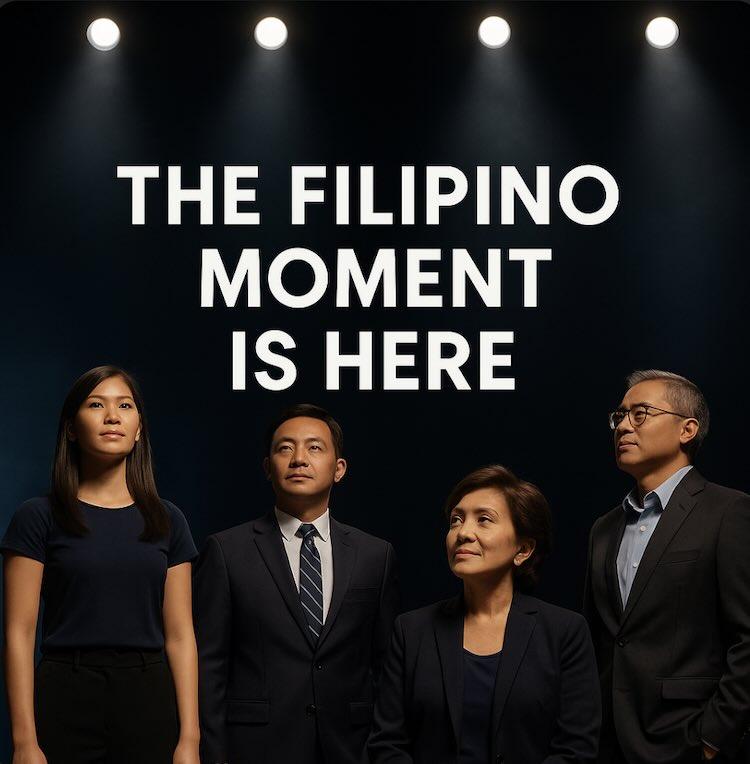For both nations, the visit is a test—not of formality, but of direction.
Security First, But Not Security Alone
In the last two years, the Marcos administration has actively repositioned the Philippines as a more visible and engaged partner in regional security. By expanding U.S. access to nine military bases under the Enhanced Defense Cooperation Agreement (EDCA), participating in record-scale joint exercises, and asserting claims in the West Philippine Sea, Manila has made clear that it views American partnership as essential to countering aggressive maritime behavior in the region.
But behind the defense optics lies a deeper diplomatic ask: economic reciprocity. Philippine negotiators are expected to raise concerns over new tariffs imposed on key exports such as electronics, canned tuna, and garments. They will also seek increased investment in infrastructure, energy, and digital transformation—sectors crucial to the country’s long-term growth and resilience.
In short, Manila wants the alliance to extend beyond security toward shared economic opportunity. This visit is a moment to rebalance that equation.
A New U.S. Administration, A Familiar Ally
The return of Donald Trump to the White House has added a layer of uncertainty to the diplomatic backdrop. While President Trump has maintained friendly ties with key Asian leaders, including Marcos Jr., his administration’s focus on trade protectionism and strategic burden-sharing has occasionally created friction with traditional allies.
In this context, the Philippines must clearly articulate its value—not just as a geopolitical anchor in Southeast Asia, but as a rising regional player seeking sustainable partnership. That means shifting the narrative from dependence to mutual advantage.
The Marcos administration is expected to raise concerns about market access and make the case for a more inclusive trade framework under the Trade and Investment Framework Agreement (TIFA). At a time when the U.S. is recalibrating its role in Asia, the Philippines can serve as a bridge—linking economic cooperation with strategic alignment.
What remains to be seen is whether this renewed partnership will translate into concrete support: lower tariffs, targeted investment, and greater economic inclusion.
Filipino Americans Watching From Afar
For the more than 4 million Filipino Americans, many of whom still maintain strong ties to the homeland, this state visit is also an opportunity for engagement. Issues such as immigration processing backlogs, visa equity, and streamlined consular services remain important to the diaspora community. Symbolic gestures—a town hall, a media roundtable, or formal recognition of their contributions—could go a long way toward reinforcing bonds that extend beyond formal treaties.
In the U.S., Filipino Americans have long served as cultural ambassadors and economic bridges. Any strengthening of the bilateral relationship should recognize and include their unique role.
Looking Beyond the Optics
While state visits are often viewed as largely ceremonial, the circumstances surrounding this trip give it a rare urgency. The Philippines is navigating a delicate balancing act: maintaining vital economic ties with China while deepening strategic ties with the United States. That act becomes more complicated as the region faces heightened maritime disputes, climate vulnerability, and post-pandemic economic pressures.
The success of this visit won’t be measured by press releases or handshakes. It will depend on whether new agreements emerge that address trade fairness, security cooperation, and long-term resilience. It will also depend on whether both governments can communicate a shared vision to their respective publics—one based on partnership, not paternalism.
A Moment That Matters
If the Marcos visit is to be meaningful, both sides must bring substance to the table. The era of vague promises and symbolic diplomacy is no longer sufficient. What this moment demands is clarity, consistency, and follow-through.
As President Dwight D. Eisenhower once warned, “A people that values its privileges above its principles soon loses both.” That reminder applies as much to nations as to individuals. Alliances endure not because of sentiment, but because of shared principles and practical actions.
The Philippines, with all its challenges and potential, deserves a partnership that reflects both.







